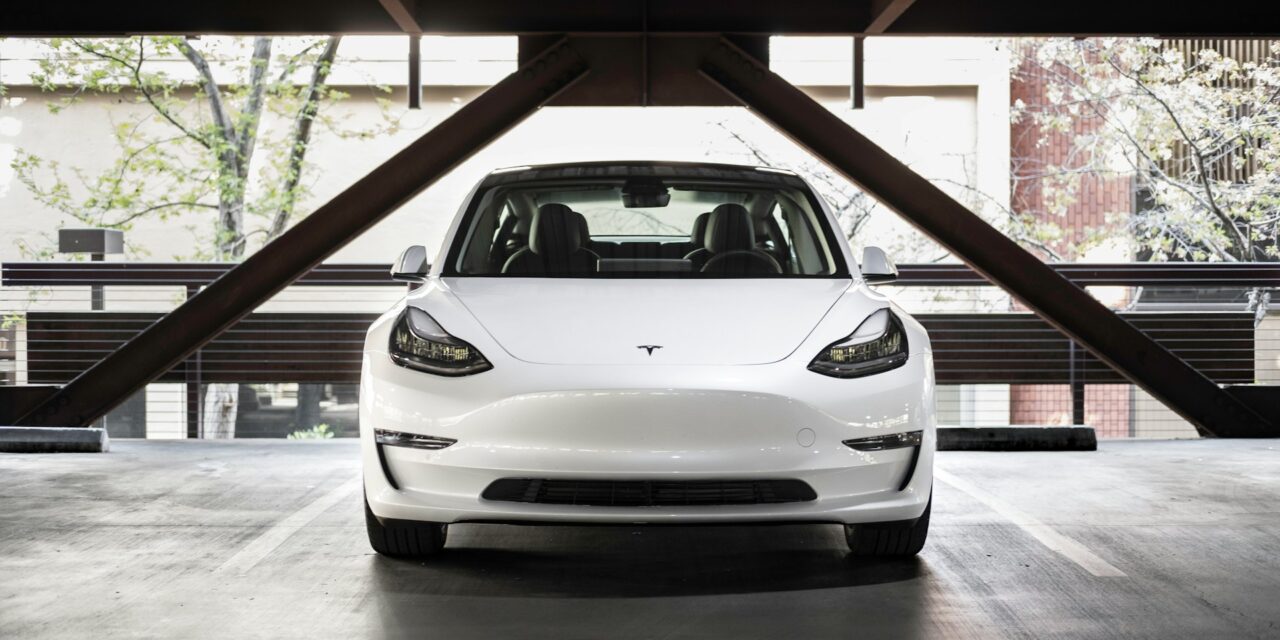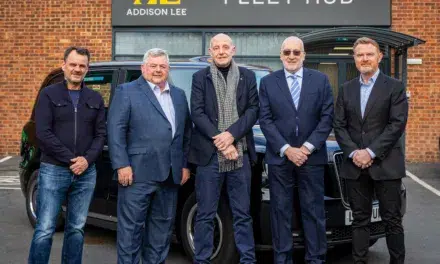Tesla, the world’s largest electric vehicle (EV) manufacturer, has seen a significant decline in sales across key European markets, with many attributing the downturn to growing discontent over Elon Musk’s political activities in the region.
In Germany, where Tesla operates its sole European factory, new vehicle registrations fell dramatically by 59.5% in January compared to the same month last year. Data from the German Federal Motor Transport Authority revealed only 1,277 new Teslas were registered during that period. This drop is particularly notable given that the overall German EV market experienced a robust growth of over 50% year-on-year, slashing Tesla’s market share from 14% to just 4%.
Similar trends were observed elsewhere in Europe. In France, Tesla sales plummeted by 63% in January, while Norway, traditionally a strong market for the company, saw registrations decline by 38%. In the UK, Tesla experienced a more modest 8% decrease in registrations.
Industry analysts have offered several explanations for this slump. Matthias Schmidt, an automotive expert, suggested that some German consumers might be delaying purchases in anticipation of the updated Model Y, expected in the first half of 2025. However, others believe the more significant factor is backlash over Musk’s increasingly visible political interventions.
Advertisement
Musk has recently waded into German politics ahead of the federal elections on 23 February, publicly supporting the far-right Alternative for Germany (AfD) party. This endorsement has sparked widespread criticism from both political leaders and business figures. The AfD, known for its hardline stance on immigration, is classified in part as a right-wing extremist organisation by Germany’s domestic intelligence agency.
Musk’s involvement has drawn sharp rebukes from German Chancellor Olaf Scholz and Christian Democrat leader Friedrich Merz. Both condemned his backing of a party known for extremist views. Public sentiment towards Musk appears to be shifting as well. A business owner from Baden-Württemberg reported being inundated with orders for a sticker aimed at Tesla owners, reading: “I bought this before Elon went crazy.” He claimed to have received as many as 2,000 orders in a single weekend.
Kirsty Pendleton, Head of B2B Marketing at The AA, commented: “Brand values are crucial. Even with top-notch products, a disconnect between buyers and the core values of your brand, and how those values are represented, can lead to significant commercial repercussions. Could this be a factor influencing the recent Tesla sales figures in Europe?”
She added: “Observing my network, especially among women, I’ve noticed a number of individuals re-evaluating their EV purchase decisions based on recent developments. However, there are also many steadfast Tesla enthusiasts, who value the excellence of the product and its suitability for their driving needs. And, taking a wider view, how might the decline in sales impact overall EV adoption rates among a cautious consumer base?”
As Tesla navigates these turbulent waters, the broader implications of its founder’s political affiliations may continue to reverberate across its European markets.














